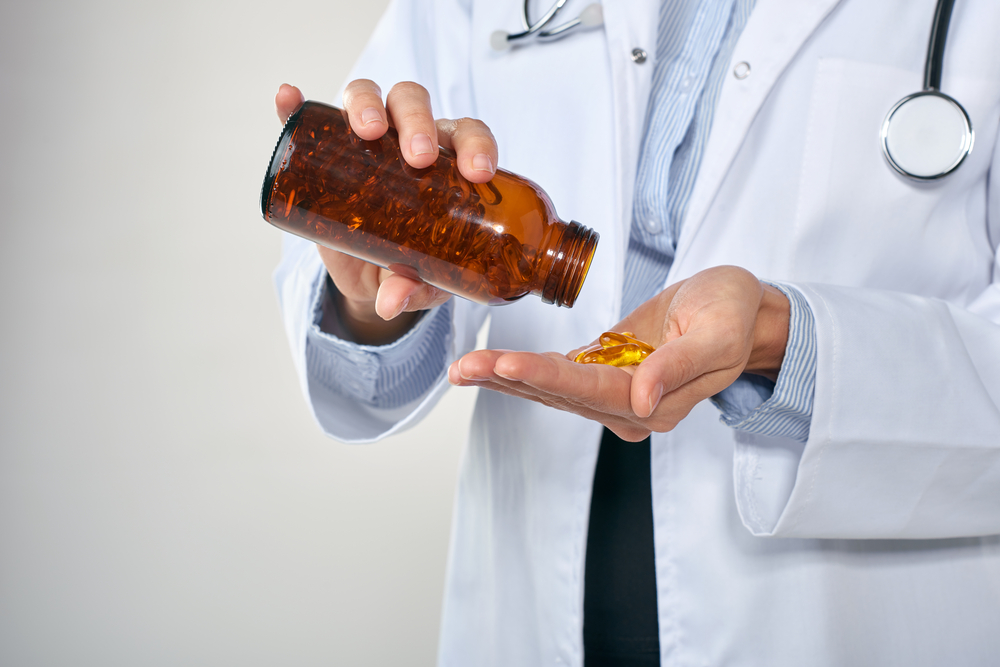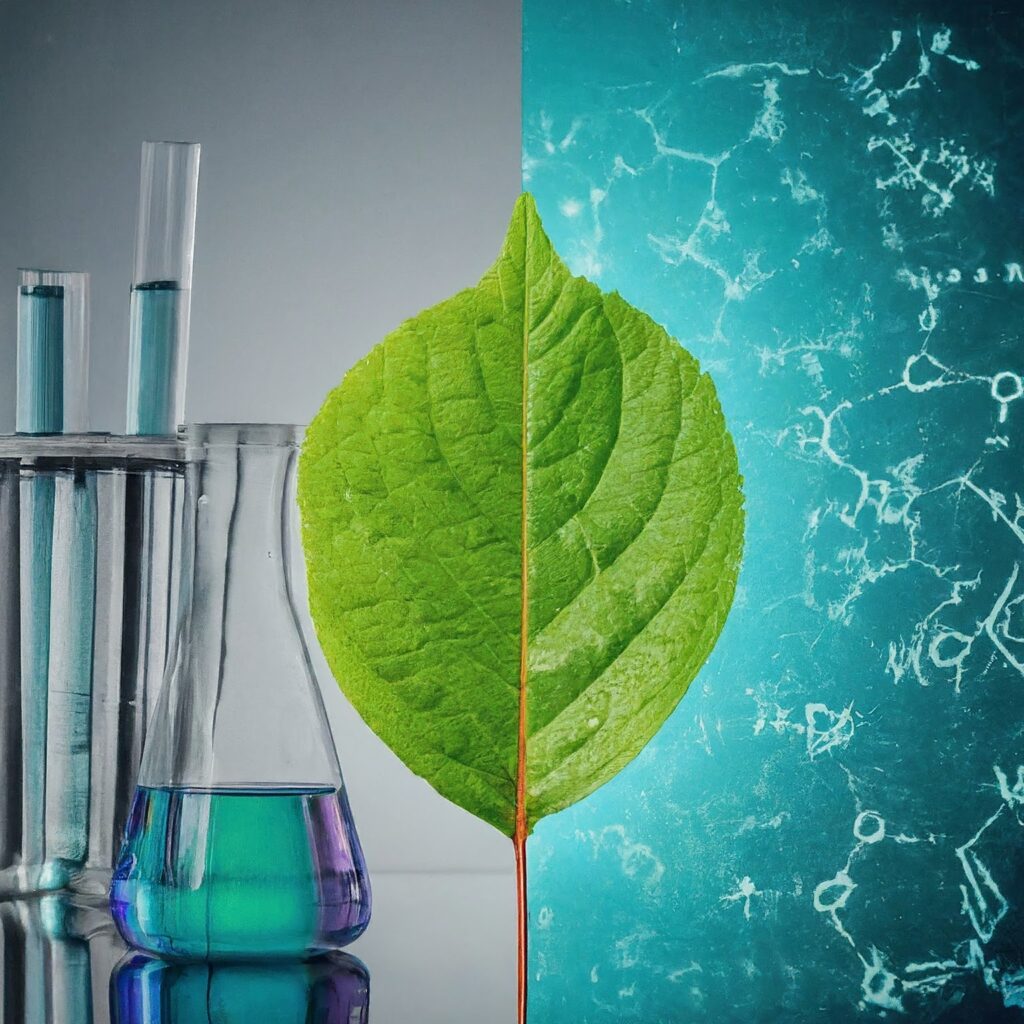
A friend of mine recently sent me the link to this video: Dentists Need to Know Your Supplements, and I found it somewhat timely.
As readers of my blog may know, I have long been an advocate of dietary supplements. While the ideal form of nutrition is always a healthy diet, today’s food is simply not the nutrient-rich, non-chemically altered, or non-genetically engineered food our grandparents ate.
While that might just be a topic for another discussion, I want to point out that whereas supplements have their place, it is always prudent to understand what you are consuming and what potential effects it may produce. This advice holds equally true for vitamins and herbs as it does for medications.
While the side-effects of supplements are typically far less dire than those encountered with many common medications, there can be side-effects nonetheless — especially when used in combination with medications.
As dentists, we are particularly interested in knowing what herbal medications a patient takes that may cause drowsiness, excessive bleeding, cardiovascular problems or that interfere with other drugs.
Here are a few examples:
- St. John’s Wort, used as a mood enhancer, can interfere with the effectiveness of many heart and blood pressure medications, as well as blood thinners. On the other hand, garlic, ginseng, ginger, chamomile and gingko, to name a few, can cause bleeding after surgery.
- A patient given sedatives by a dentist or oral surgeon before surgery who is also taking Valerian root and kava may experience an interaction that causes excessive drowsiness.
- Ginseng has been associated with an increased chance of arrhythmias (irregular heart beats. Patients who take ginseng and also get a local anesthetic with epinephrine (commonly used for fillings and many other dental procedures) may be putting themselves at risk for cardiovascular complications.
- Echinacea, while it is widely considered to be an immune system enhancer, may inhibit wound healing and increase the risk of post-surgical infection.
This list is by no means exhaustive, and the simple message here is just because an herbal remedy is considered “natural” doesn’t mean you should neglect to inform your dentist that you are taking them. Neither he nor you want to risk negative effects or complications that can come about as a result of interactions.
 More likely than not, your doctor will simply ask you to stop taking a particular supplement before surgery or modify the anesthesia accordingly.
More likely than not, your doctor will simply ask you to stop taking a particular supplement before surgery or modify the anesthesia accordingly.
Good communication is the key.
Here is another example of this point. Not uncommonly, patients take “baby aspirin” as a blood thinner. Of course, this is not an herb, but many people feel it is not worth mentioning because it is just a “baby” aspirin. That is, until they fail to stop bleeding after an extraction.
You should always be sure to tell your doctor about ALL of the substances you are taking, including prescriptions and over-the-counter drugs. Even doctors aren’t always fully aware of every potential interaction between herbs and drugs, as new drugs are constantly being developed and introduced into the market. It is in your best interest to let your doctor “know before you go.”


